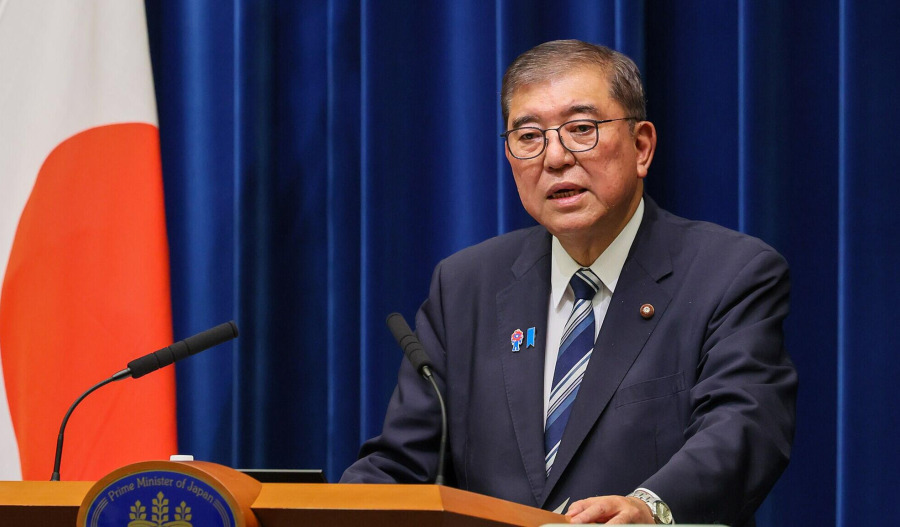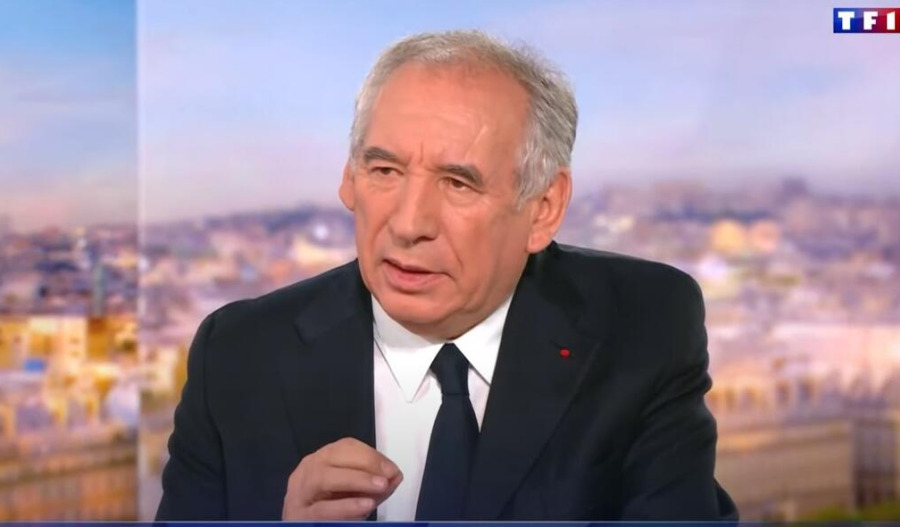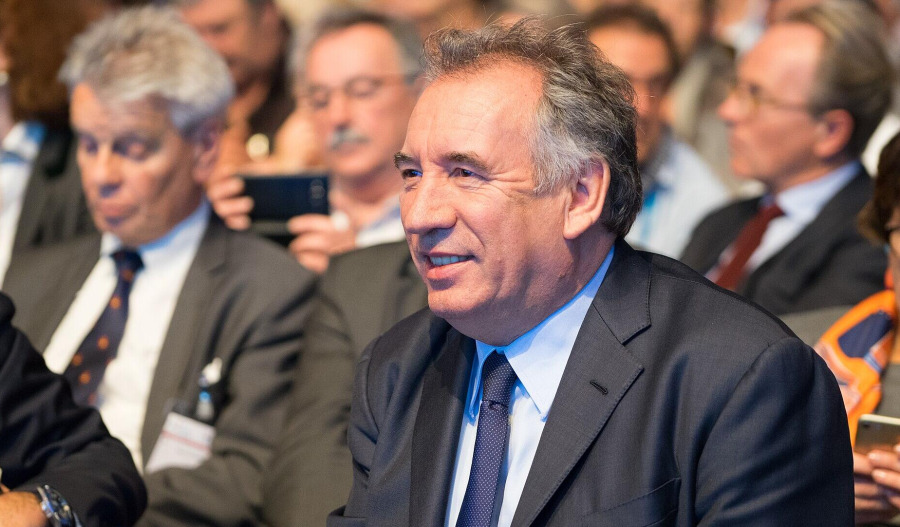France’s parliament has voted to remove Prime Minister François Bayrou and his minority government over its bid to cut around EU€44 billion (A$78.63 billion) from the country’s budget.
The no-confidence vote follows Bayrou’s proposal to slash public spending, which includes reducing public sector hiring and ending two public holidays. French President Emmanuel Macron plans to appoint a new Prime Minister “in the coming days”, his office said.
“You have the power to bring down the government, but you do not have the power to erase reality,” Bayrou said before the no-confidence vote.
“Reality will remain relentless: expenses will continue to rise, and the burden of debt, already unbearable, will grow heavier and more costly.”
Bayrou took office in December, and is the sixth Prime Minister since Macron became President in 2017. He survived two no-confidence motions in February after passing a budget without a parliamentary vote, and another in July amid pension reform negotiations.
He had called for a confidence vote to shore up support for his budget proposal, and lost with 364 votes against his government and 194 in favour.
France’s budget deficit was 5.8% of its gross domestic product in 2024. Public debt was €3.35 trillion in 2025’s first quarter, or 114% of its GDP.
Bayrou’s budget proposal would have cut public sector hiring, scrapped two public holidays, and frozen inflation-based pension increases, with the goal of lowering the country’s deficit to 4.6% in 2026.
Jean-Luc Melenchon, leader of the second-largest opposition party France Unbowed, has said Macron must resign. “Macron is now on the front line against the people. He also has to leave,” he wrote.
Far-right National Rally party leader Marine Le Pen has also called for snap elections, which would be the second round of parliamentary elections in 15 months.
France’s CAC 40 index was up 0.78% to €7,734.84 on the day of the vote, while Europe’s STOXX 600 climbed 0.52% to €552.04.
Related content



